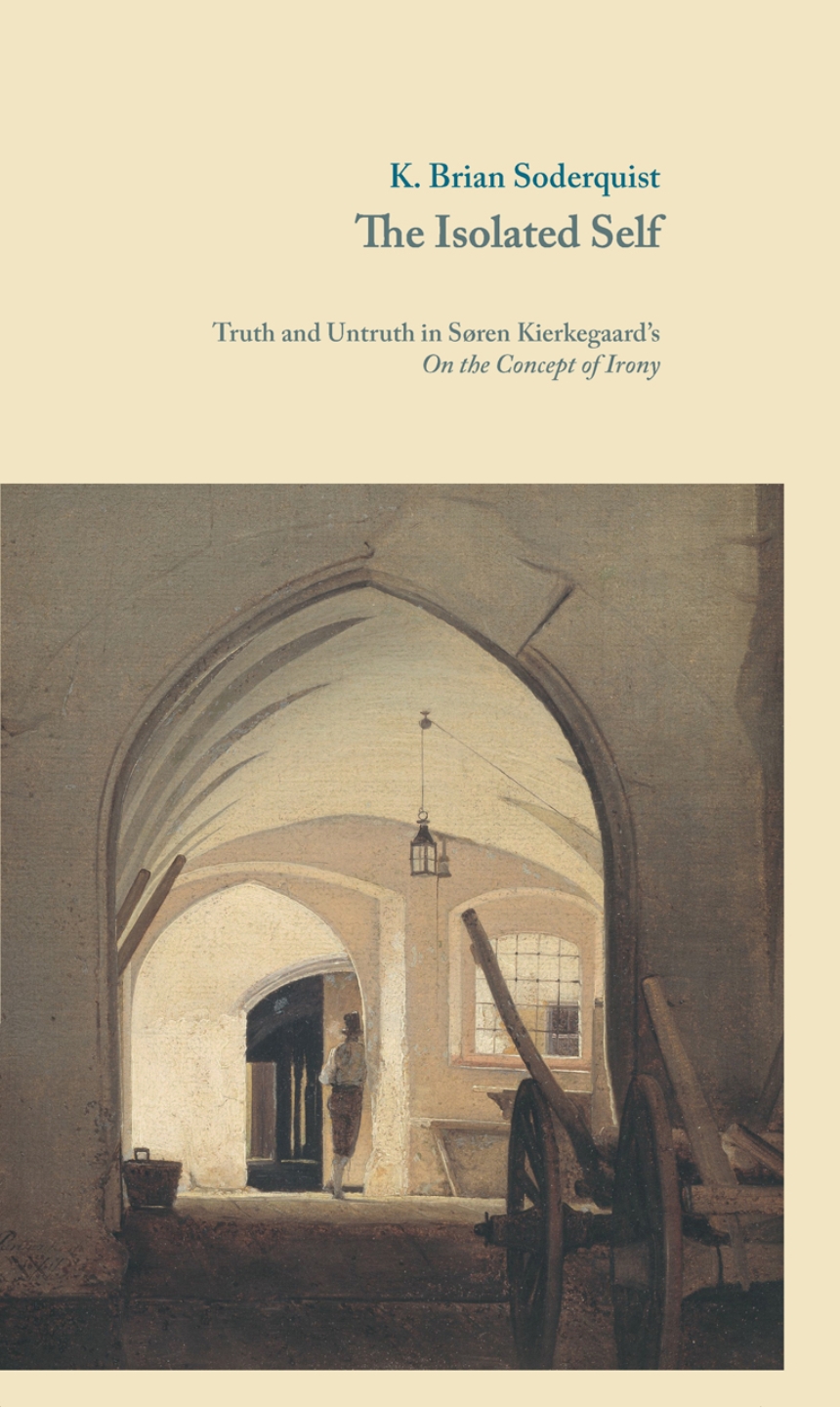The Isolated Self
Truth and Untruth in Søren Kierkegaard’s On the Concept of Irony
Distributed for Museum Tusculanum Press
The Isolated Self
Truth and Untruth in Søren Kierkegaard’s On the Concept of Irony
Thoroughly examining On the Concept of Irony, Soderquist uncovers the most comprehensive account of the “double movement” that is so important in Kierkegaard’s later works. Hinging on irony, the double movement describes the way existence pushes us to move from an immediate, unreflective life toward a self-developed worldview. Soderquist bores into this notion of irony, reconstructing the way it was conceived in Kierkegaard’s time by analyzing its use by related thinkers such as Hegel, Friedrich Schlegel, Johan Ludvig Heiberg, Hans Lassen Martensen, and Poul Martin Møller. Altogether Soderquist shows how Kierkegaard’s concept of irony, as demonstrated in this very early work, is crucial to understanding his pivotal thoughts on selfhood.
Reviews
Table of Contents
Abbreviations
Introduction: What is Irony in On the Concept of Irony?
An Orientation in the Research Tradition
Reconstructing a Lost Historical Horizon
Closure, Openness, and a Reconciliation with Actuality
SOCRATES AND THE HISTORICAL APPEARANCE OF IRONY
1. Contemplative History: A Methodology for Dual Purposes
Hegel’s Speculative History
Kierkegaard’s Contemplative History
2. Kierkegaard’s Nihilistic Socrates
Socrates’ Place in World-History
Socrates’ Abstract Personality
3. Irony Defined: The Isolated Subject
“Irony is Isolation”
Historical Actuality and Absolute Nothingness
ROMANTIC IRONY AND AESTHETIC SALVATION
4. Schlegel’s Aesthetic Salvation: A Reconciliation with Actuality
Schlegelian Irony
Lucinde: A Guide to Selfhood
5. Kierkegaard’s Critique of Romanticism: The Closed Self
Hegel on Romantic Irony
Poul Martin Møller on Irony and Selfhood
Kierkegaard’s Critique(s)
6. Irony, Humor, and the Religious Self
A Local Interpretation of Irony and Humor
The Problem of Irony in Kierkegaard’s Journals
7. The Ghost of Irony in Kierkegaard’s Authorship
A Glance at the Foregoing Chapters
The Discussion of Irony Recast
Bibliography
Index of Persons
Index of Subjects

